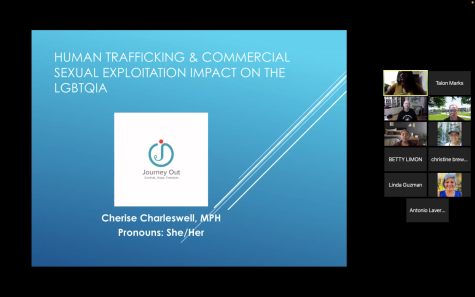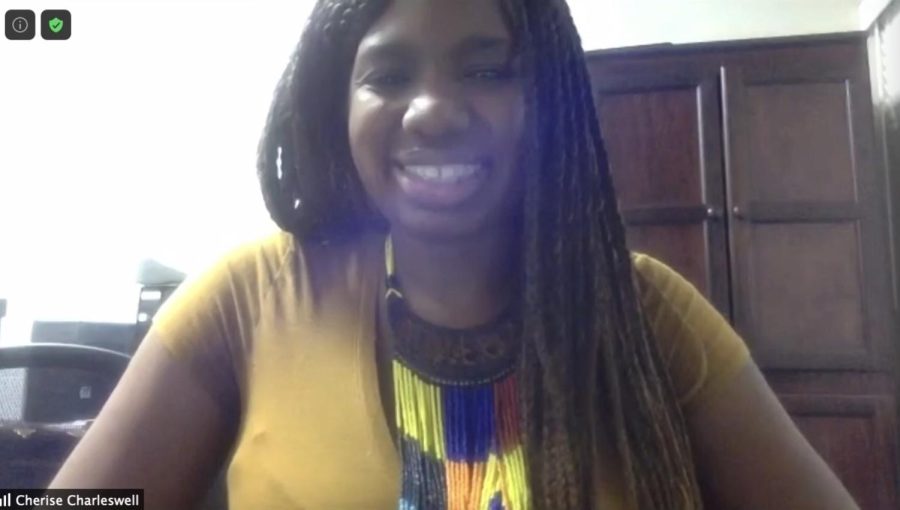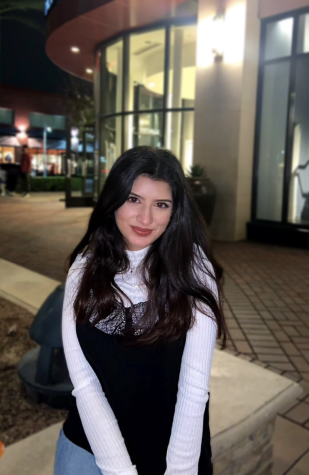As part of Cerritos College’s Human Trafficking and Stalking Awareness month, a representative from the shelter group, Journey Out hosted a Zoom meeting to increase the knowledge of viewers on how vulnerability within victims of sexual trafficking occurs even after the incident.
Cherise Charleswell, development manager of Journey Out, explains how it’s important to realize the circumstances of the victim in a situation rather than defining human trafficking as something that needs to be proven.

“Their entry to trafficking, or risk factors, start before they even meet their first trafficker,” Charleswell said. She explained that vulnerable populations, such as the LGBTQ, face victimization and troubles even before it’s brought to the attention of law enforcement.
The advocate from Journey Out gave an example of a Netflix show, where the lead character is a transgender sex worker.
Due to circumstances, she dealt with such as poverty, no acceptance from her loved ones, and being left on the street affected her greatly, making her vulnerable and a victim.
“Their circumstances make them the perfect victim,” Charleswell said. “Every one of us has a vulnerability- it only takes a trafficker time to figure out what it is and exploit it.”
Charleswell expressed how traffickers are an expert when it comes to psychology, which puts them at an advantage because they don’t even need a degree to prove how their thinking works.
This leads to them taking advantage of victims because they’re always a step ahead.
According to Charleswell, social determinants of health such as economic stability, their environment, education level, food, community, and health care system all play a role in creating vulnerability within victims who get trafficked.
Exploitation of vulnerabilities can be spotted when taking a deeper look at one’s life. For example, one can’t assume that just because someone is part of the LGBTQ community they experience every single issue.
The majority just happen to be more on the vulnerable side because of insecurities they face through people or their environment.
LGBTQ are more vulnerable specifically because of social inequities, rejection from family, stigmas and failure of acceptance from society, etc.
Charleswell also said that people often have the wrong usage of terminology. For example, society defines a prostitute as someone who engages in sexual actions to get paid but fail to realize that there’s no mention of victimization within that meaning.
This leads to judgment and stigma.
“If we really want to do some kind of harm reduction and recognize victimization in this,” Charleswell said, “then we want to move away from using that term.”
















